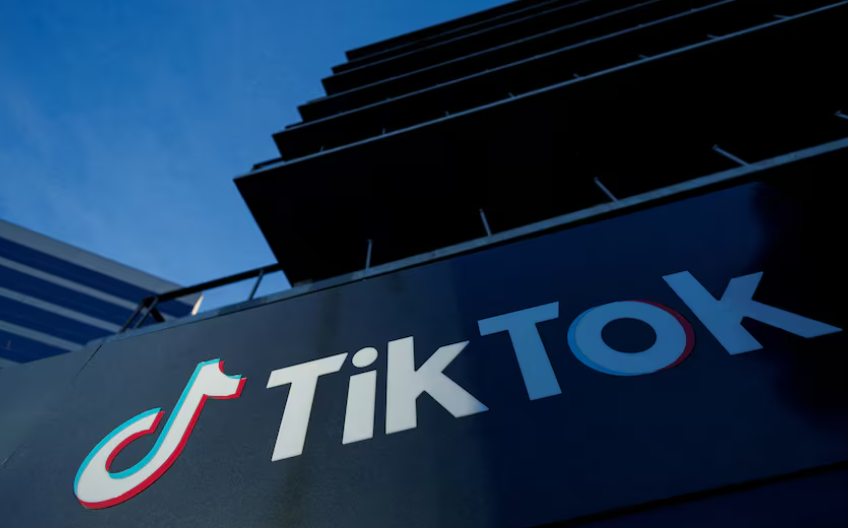The lawyer for TikTok and its parent company ByteDance warned the Supreme Court that if Congress forces the sale or ban of TikTok, it could set a precedent that allows similar actions against other companies. During Friday’s arguments, the court examined a law requiring ByteDance to sell TikTok by January 19 or face a ban on national security grounds. TikTok’s legal team argued that this law violates the First Amendment, which protects free speech.
Broader Implications for U.S. Businesses
Noel Francisco, representing TikTok and ByteDance, emphasized the broader implications of upholding this law. He argued that if the court supports this measure, Congress could target other companies similarly. “AMC movie theaters used to be owned by a Chinese company. Under this theory, Congress could order AMC to censor movies or promote films it prefers,” Francisco warned the justices.
The justices, while appearing inclined to uphold the law, expressed concerns about its potential First Amendment violations. With approximately 170 million U.S. users, TikTok’s massive reach raises significant stakes in this legal battle. The law passed with overwhelming bipartisan support, citing risks of the Chinese government using TikTok for espionage and influence operations.
Criticism of Selective Targeting
Jeffrey Fisher, representing TikTok content creators, questioned why Congress singled out TikTok while ignoring other major Chinese-owned platforms like Temu, which has 70 million U.S. users. “If Congress truly feared these risks, why exclude an e-commerce giant like Temu?” Fisher asked, highlighting the inconsistency in targeting only TikTok.
President Joe Biden signed the law, and his administration vigorously defends it. Solicitor General Elizabeth Prelogar argued that enforcing the law on January 19 would compel ByteDance to sell TikTok, stating, “Foreign adversaries don’t voluntarily relinquish control over such a significant communications channel.” Prelogar asserted that this deadline could prompt ByteDance to act decisively.
The Future of TikTok in the U.S.
If the ban takes effect, major tech companies like Apple and Google would remove TikTok from their app stores. Although existing users could still access the app, TikTok would gradually degrade as support services diminish. Both the government and TikTok acknowledge that the app would eventually become unusable without these services.
The Supreme Court also deliberated on whether the risk of covert influence by China justifies the ban. Francisco argued that many believe media outlets manipulate content, which remains protected speech. “Everyone manipulates content to some extent, from CNN to Fox News,” he stated, underscoring the importance of safeguarding free speech.
Former President Donald Trump urged the court to delay the January 19 deadline, hoping his incoming administration could negotiate a political resolution. Although the law allows the president to extend the deadline under certain conditions, ByteDance has shown no effort to sell TikTok’s U.S. assets. Francisco suggested that the situation might change once Trump reenters the White House.
Justice Brett Kavanaugh questioned whether the president could opt not to enforce the law. Prelogar confirmed that the president holds enforcement discretion. Francisco advocated for a preliminary injunction to provide all parties with “breathing space” to navigate this complex issue.

